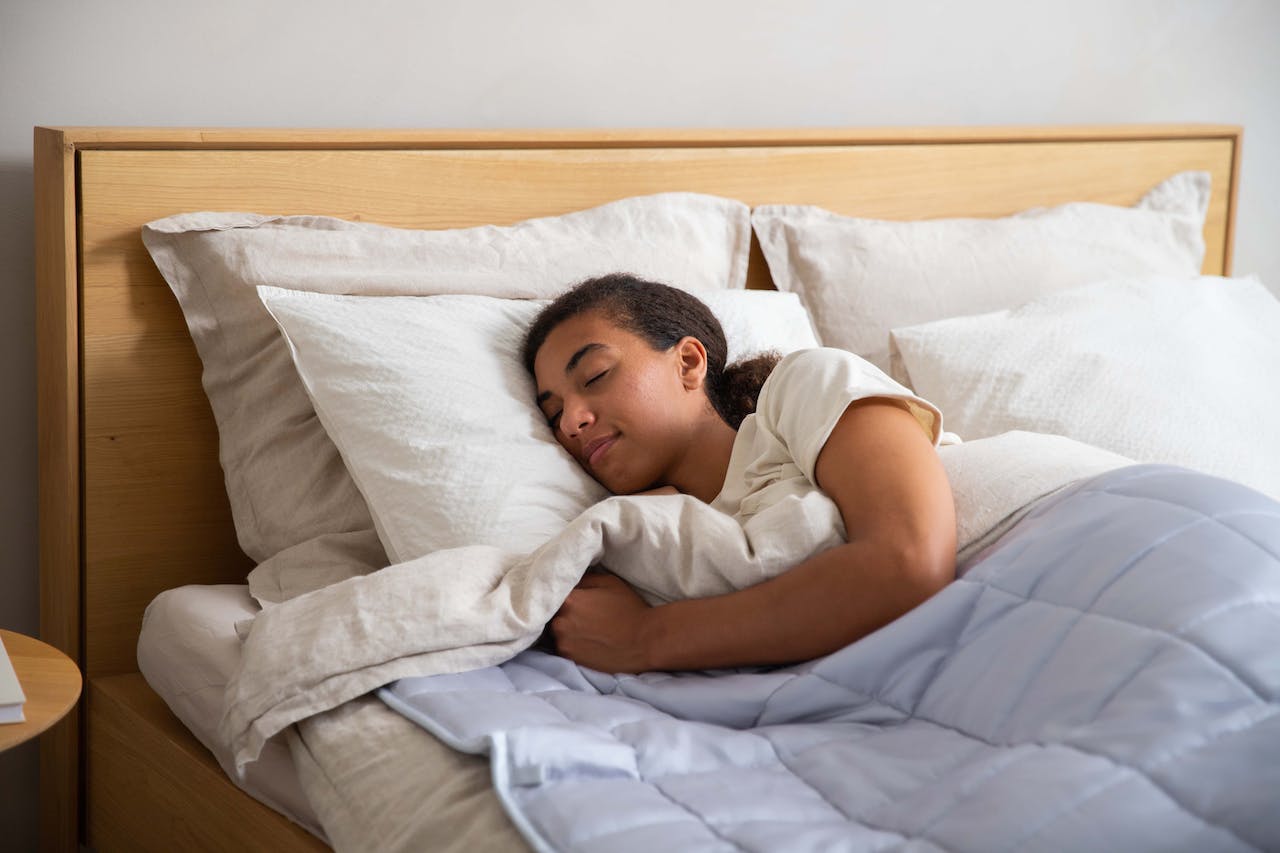
Impact of Sleep on Health, Wellbeing, and Overall Performance
Let’s talk about something that often gets overlooked in our quest for optimal health and performance:
#7 SLEEP
We all know that sleep is important, but do we truly understand its impact on our health, wellbeing, and overall performance?
Quality sleep is not just a luxury; it’s a necessity for our bodies and minds to function at their best.
Yet, in today’s fast-paced world, many of us sacrifice sleep in favour of work, socialising, or binge-watching our favourite shows.
We have Netflix to thank for that, with the ultimate accessibility and instant next episode roll overs…
But at what cost?
Research has shown time and time again that insufficient sleep can have serious consequences on our physical and mental health. From weakened immune function and increased risk of chronic diseases to impaired cognitive function and mood disorders, the effects of poor sleep are far-reaching and profound.
So this is just a few reasons why sleep is so important but how do we improve this?
Here are a few key strategies to consider:
- Prioritize Sleep. Make sleep a non-negotiable part of your daily routine. Aim for 7-9 hours of quality sleep each night, and try to stick to a consistent sleep schedule, even on weekends.
I know this may be difficult for some but are you willing to risk your health for that extra few hours of binge drinking and kebab run on the way home?
- Create a Sleep-Friendly Environment. Set the stage for a good night’s sleep by creating a calming sleep environment. Keep your bedroom cool, dark, and quiet, and invest in a comfortable mattress and pillows.
- Establish a Relaxing Bedtime Routine. Wind down before bed with a relaxing bedtime routine. This could include activities like reading, taking a warm bath, or practicing relaxation techniques like deep breathing or meditation.
- Limit Screen Time Before Bed. The blue light emitted by screens can disrupt our sleep-wake cycle and make it harder to fall asleep. Try to limit screen time in the hour leading up to bedtime, and consider using blue light filters or wearing blue light-blocking glasses.
- Watch Your Diet and Exercise. What you eat and how you move throughout the day can also impact your sleep. Avoid heavy meals, caffeine, and alcohol close to bedtime, and aim to incorporate regular exercise into your routine, but avoid intense workouts close to bedtime.
By implementing these key strategies, you can improve the quality of your sleep and reap the countless benefits it has to offer.
Why is this important though what actually happens when we sleep?
The body essentially shuts down. What I mean by shuts down, it feels safe and can truly slip into a deep state of rest and recovery.
When the body enters this phase of rest, the internal system can get to work on repairing, restoring and rebuilding the internal structures and mechanisms. It will also break down, metabolise and digest anything that is required.
So when we think we fall asleep and because it’s not conscious thoughts, our body is in the strongest part of recovery. That’s because it doesn’t have to focus or exert energy on anything else other than that.
This is a little bit deeper understanding of why sleep is important and not just the hours but the quality of it.
Remember, sleep is not a luxury; it’s a vital component of a healthy, happy, and high-performing life.
Here’s to better sleep and better lives for all of us.
Keep it simple & sustainable
David



